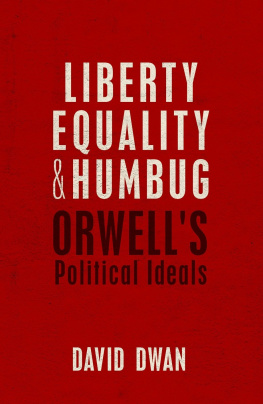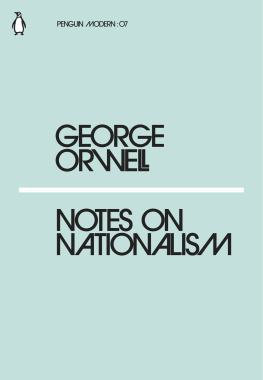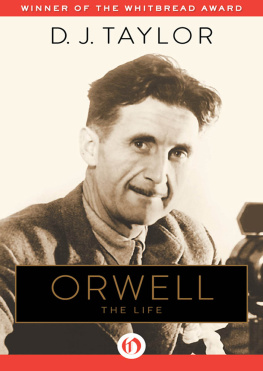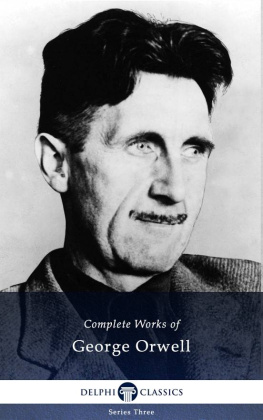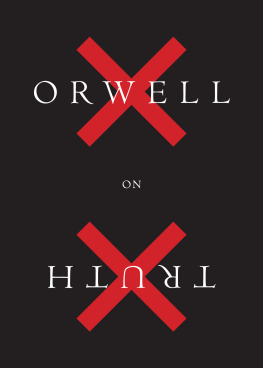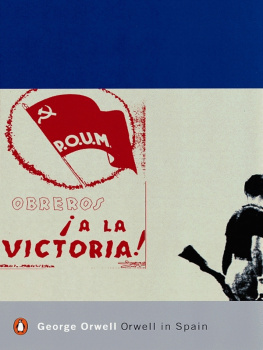Oxford University Press is a department of the University of Oxford. It furthers the Universitys objective of excellence in research, scholarship, and education by publishing worldwide. Oxford is a registered trade mark of Oxford University Press in the UK and in certain other countries
All rights reserved. No part of this publication may be reproduced, stored in a retrieval system, or transmitted, in any form or by any means, without the prior permission in writing of Oxford University Press, or as expressly permitted by law, by licence, or under terms agreed with the appropriate reprographics rights organization. Enquiries concerning reproduction outside the scope of the above should be sent to the Rights Department, Oxford University Press, at the address above
You must not circulate this work in any other form and you must impose this same condition on any acquirer
Published in the United States of America by Oxford University Press 198 Madison Avenue, New York, NY 10016, United States of America
Printed and bound in Great Britain by Clays Ltd, Elcograf S.p.A.
Links to third party websites are provided by Oxford in good faith and for information only. Oxford disclaims any responsibility for the materials contained in any third party website referenced in this work.
Acknowledgements
This book was written in three universities and drew on friendships made in each. I discussed my initial ideas for the book with Mark Burnett, Debbie Lisle, Andrew Pepper, Adrian Streete, Caroline Sumpter, Ramona Wray, and Ed Larrissy at Queens University Belfast and am grateful for their encouragement and advice. At York, I gained enormously from conversations with John Bowen, Hugh Haughton, Adam Kelly, Michelle Kelly, and Clare Westall. I owe a particular debt to Emilie Morin, who believed in the book when I didnt and read my Introduction at short notice. Several people at Oxford have been generous with their time and talents: Matt Bevis, Alan Bogg, Andrew Dean, Roy Foster, Kate McLaughlin, Dana Mills, Conor Morrissey, and David Russell looked at chapters and suggested several improvements. I am particularly indebted to Marina MacKay, who whipped through a big chunk of the manuscript with characteristic insight and humour.
At Hertford, Charlotte Brewer and Emma Smith could not have been more supportive and I feel blessed to have them as colleagues. I also owe much to Stefan Collini, Tarik Kochi, Benjamin Kohlmann, and Phil Tinline for their input on key sections of the book. Theo Dombrowski read the full manuscript and subjected it to a demanding form of verbal hygiene. I am forever in his debt.
I am also beholden to the anonymous readers at OUP, to Aimee Wright for her help and encouragement, and to Jacqueline Norton, who embodies everything one could want from an editor. Thanks are due too to Charles Jarvis for research assistance and to Lucia Alden for help editing the manuscript. Parts of the book appeared earlier in ELH and Philosophy and Literature and I am grateful to the editors of both journals for allowing me to reuse some of this material here. Thanks also to Curtis Brown for permission to cite Auden.
The writing of this book would have been a lot less funand its argument a lot poorerwithout the friendship of Chris Insole. The Dwans and the Edemariams have been unstinting in their support and I have drawn upon it repeatedly. My greatest debt is to Aida Edemariam, whose fierce sense of truth has improved the book no end. It is dedicated to her and to our daughter Rahel, who has brought more joy to the last six years than I can say.
Contents
George Orwell is watching you and youre watching him. Britain pays its respects in the form of the Orwell Prize, the Orwell Lecture, and, more recently, Orwell Daywhich in its inaugural year in 2013 generated an
The same thought-experiment is, of course, regularly repeated in the British Houses of Parliament. Countless proposalsfrom the Special Powers Act of 1972 (the embodiment of .
Orwell-worship in Britain and America has inevitably triggered a sizable counter-movement. Since the death of Orwell in 1950, a long line of criticsfrom Isaac Deutscher to Will Selfhas queried his . He continues to be taken to taskas a snitch, as a reactionary, and as an intellectual mediocritybut ultimately, the iconoclasts and the idolaters seem to be locked into a lovers quarrel, each blast and counter-blast merely entrenching the thin moustachioed face in the imagination of the next generation.
So Orwell is part of the political vocabulary of our times, yet, partly because of this popularity, what he stands for remains opaque. It is a cliche about a cliche to suggest that the term Orwellian means very littlethough its very vagueness heightens its general . How these different views can be squared is not entirely straightforward, yet given Orwells centrality to our civic culture, the interpretative task remains an important one. This book tries to account for Orwells apparent inconsistencies by exploring the broader moral conflict at the centre of his work. I focus in particular on the ways in which the conflict plays itself out in Orwells views on justice and its constituent ends. His various ideological leaps and pivots, I shall argue, are both interesting and instructive, because they highlight the extreme difficulty of getting justice right. Like many, I regard Orwell as a great political educator, but less for the solutions he proffered than for the problems he embodied and the questions he allows us to ask.
Of course, several fine treatments of Orwells politics exist, but this study aims to do two distinctive things: a) to test the coherence and abiding value of his political opinions by subjecting them to a more philosophically oriented analysis than they have so far received, and b) to make sense of his views by situating them within wider .
Orwell would probably have disapproved. The first aim flies in the face of his own strictures about philosophy (Ill say more on this in a moment). The second objective chafes against his sense of himself as a maverick. He was a man who was hostile to smelly orthodoxies and preferred to do all of his own thinking for himself. The lines he cited from a nineteenth-century evangelical hymn say much about his aspirations to independence:
Dare to be a Daniel,
Dare to stand alone;
Dare to have a purpose firm,
Dare to .
Orwell dared to be a Daniel and inspired others to dare the same. But the fact that he advertised his autonomy through borrowed lineswritten by the American Philip Bliss, who drew in turn on a broader tradition of religious dissentmay say something about its ambiguous nature. Orwells desire to stand alone has often been taken at face value and it has fostered a strangely decontextualized view of his . This makes his views more original than they are, but it also renders them less intelligible and often less controversial than they might otherwise be. So this book places Orwell alongside some of his contemporariesR. H. Tawney (one of the few socialists he professed to like), Professor Harold Laski (with whom he enjoyed a much testier relationship), the philosopher and public intellectual Bertrand Russell (an under-appreciated influence), as well as Wells, Shaw, and the Auden gangconsidering these voices, often in some detail, as a foil and frame for his work. The design of the book is to show how Orwells views emerged as part of a shared conversation about the nature of justice and of the good (it says a lot about Orwells moralized vision of politics that these ends often amounted to the same thing).

